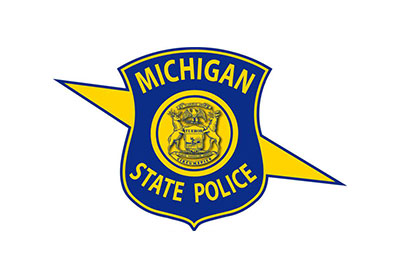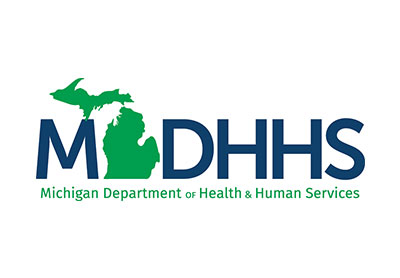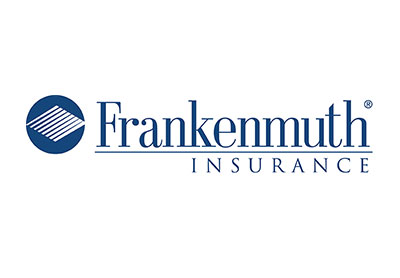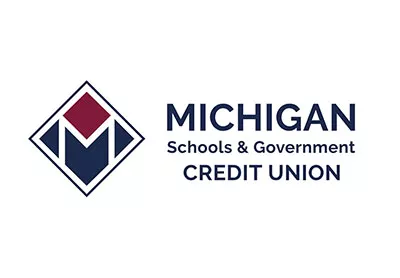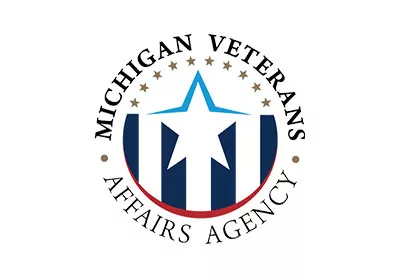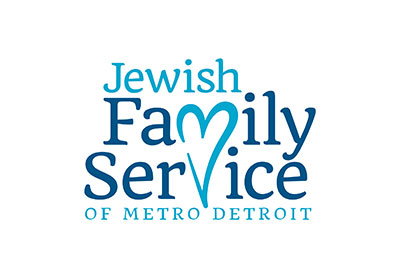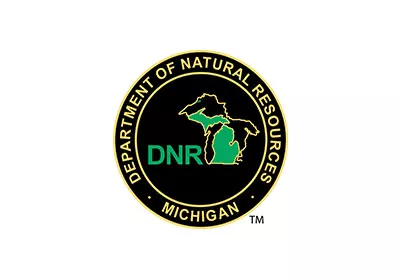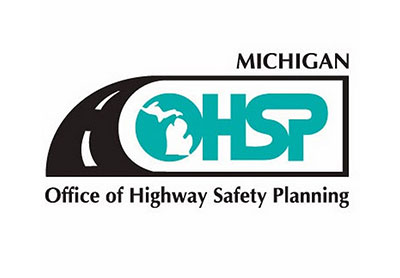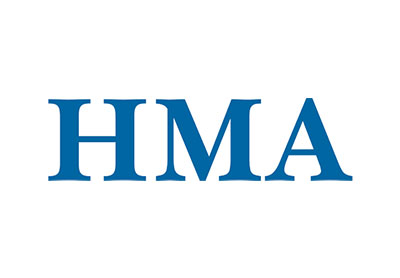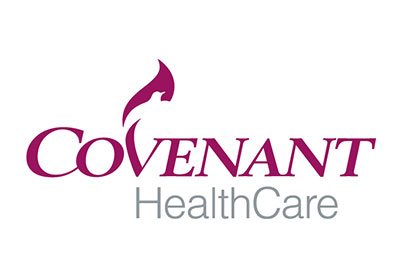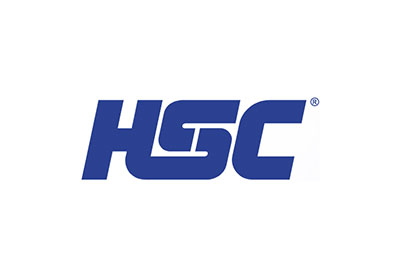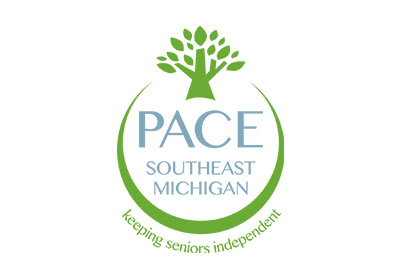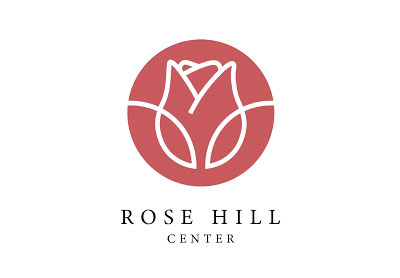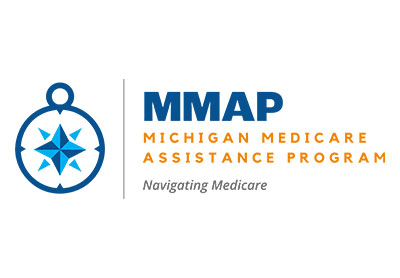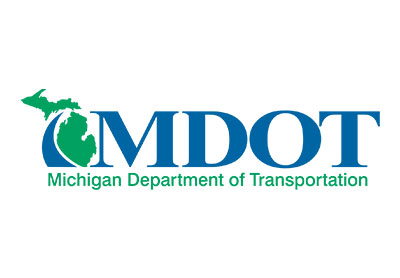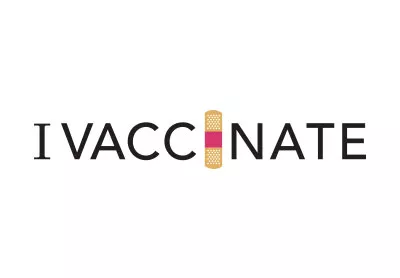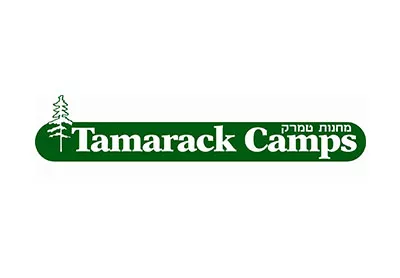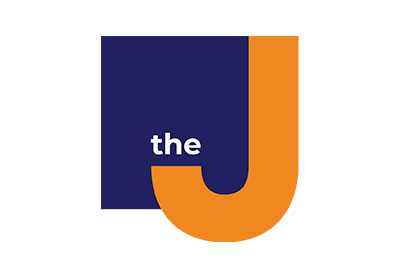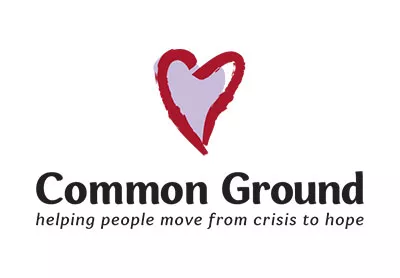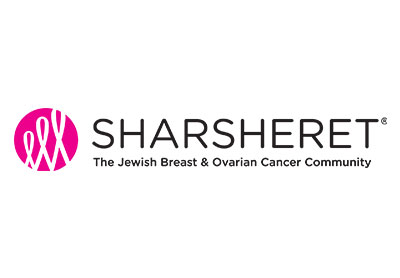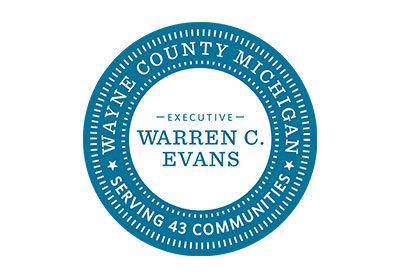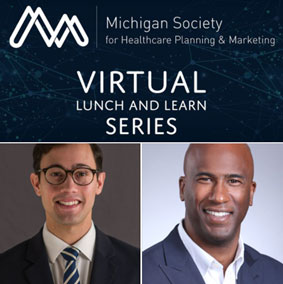
MSHPM’s “Responding to Social Disparities in HealthCare” Lunch & Learn, featuring Pierre Theodore, MD, VP Medical Affairs, Johnson & Johnson Global Public Health and John Zervos, JD, Executive Director, Global Health Initiative, Henry Ford Health System (HFHS), was well worth the hour! Here are my key takeaways:
- “The best ally infectious disease has is shining light on ignorance and inequality,” explained Dr. Theodore. The pandemic unmasked upstream disparities in social determinants of health that are impossible to ignore.
- “I didn’t fully realize the critical importance of partnerships to address health care access until this year,” stated Zervos. In response to Mayor Duggan’s request for HFHS assistance in executing the nation’s first COVID rapid testing site in the City of Detroit, he teamed with WSU, MSU and U-M to recruit medical students to run the testing sites. This resulted in getting front-line workers out of quarantine and back to work. HFHS also partnered with community organizations to target communities of need with both mobile COVID testing and vaccine units. What strategies work well in establishing partnerships? “Show up and keep showing up,” stated Zervos, explaining that their mobile vaccine units will continue serving communities until there is zero demand for the vaccine.
- “Rebuilding of trust is essential…You can bring a vaccine to a church, but without working with a pastor and holding a town hall, there won’t be trust,” shared Zervos. After holding 350 HFHS town hall meetings in various churches, schools and community organizations, preceding mobile vaccine distribution, he should know!
- “Clear, consistent communication by a trusted source is the best tool,” advises Dr. Theodore. At the end of the day, patients must decide if they want the vaccine. Communicators must have clarity about the risk and benefits of vaccines. This works best with a trusted voice. HFHS found that patient and community advisory boards were effective in helping to craft messaging. One key insight was that people wanted more specific data on how the vaccine would affect them personally based on race, gender, pregnant/trying, etc.
- “If COVID has done anything, it’s been a horrible source of education on drivers of healthcare. The human loss has been vast…If we don’t understand the underlying healthcare issues, that would be another tragedy,” said Dr. Theodore in closing.
He also shared that now “everyone is listening.” His belief that there has never been this much focus on this issue is a hopeful upstream determinant of necessary change.

